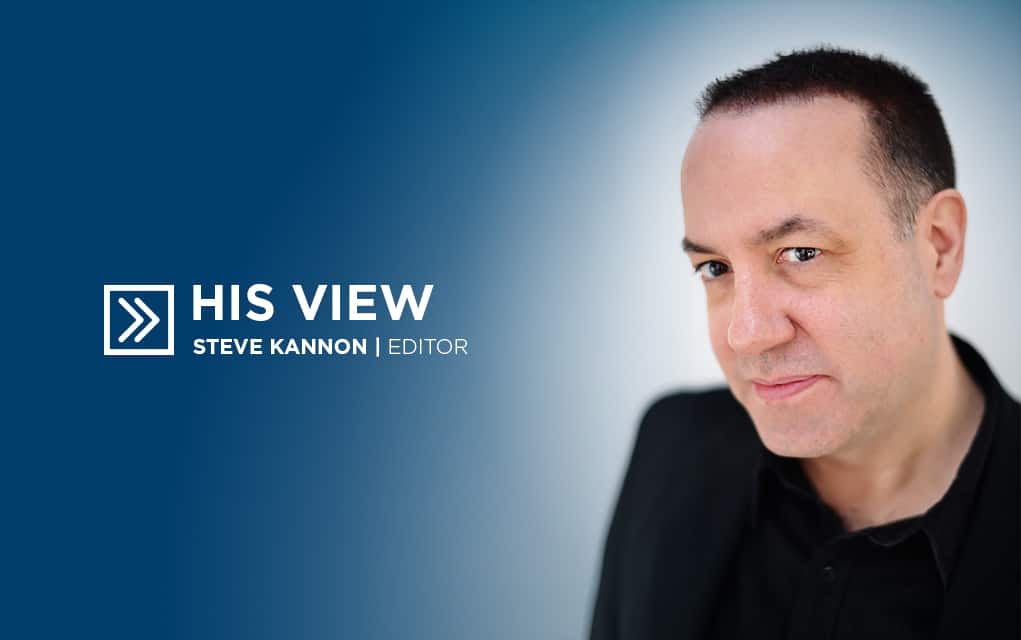;
;
;
Next Article
The View From Here: February 28th, 2019

Bernie Sanders’ bid for the U.S. presidency arrives in a different environment than just four years ago. In officially entering the crowded fray to head the Democratic ticket, the Vermont senator finds his views to have much more traction. Words like socialism, neo-liberalism and oligarchy are much
Last updated on May 03, 23
Posted on Feb 28, 19
4 min read
